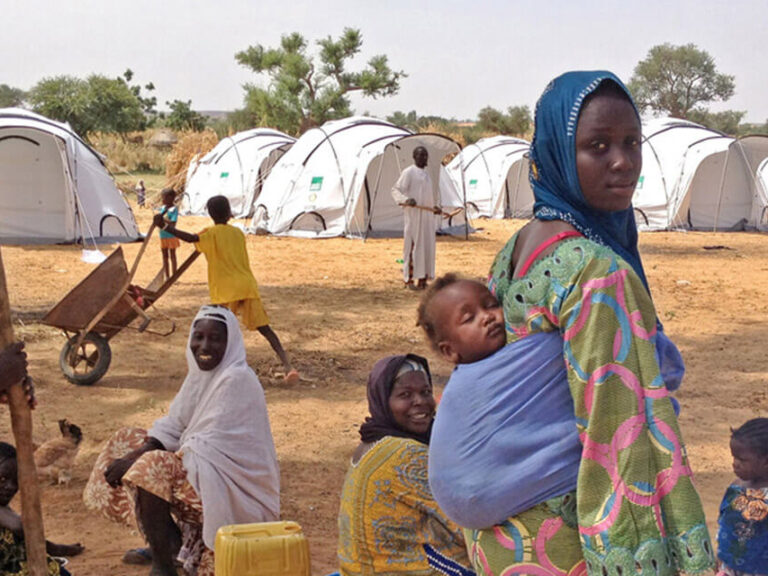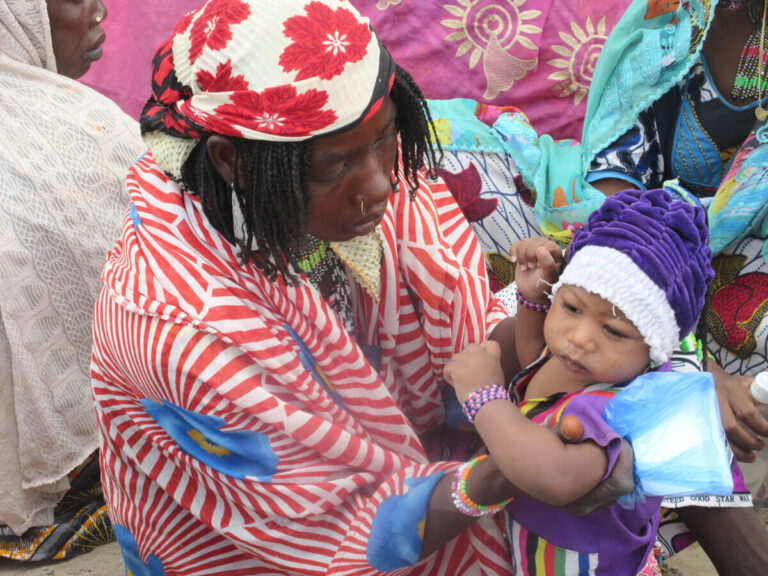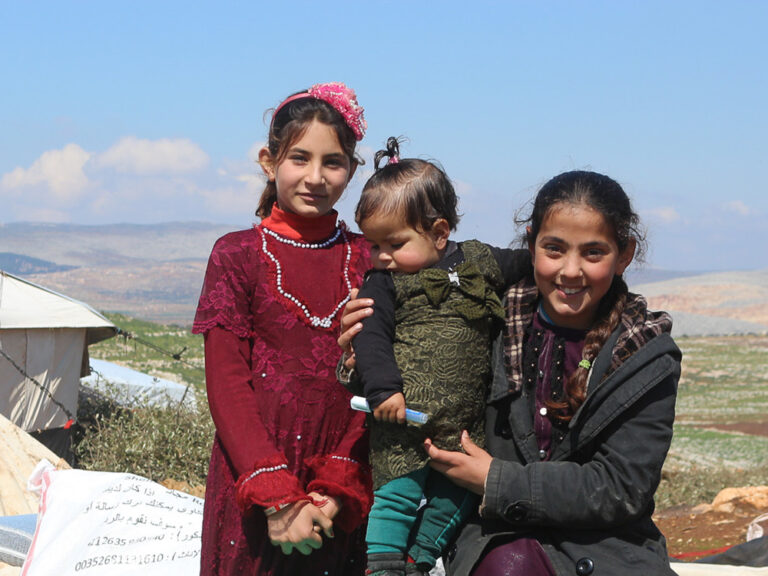Food insecurity. Acute malnutrition. Epidemics. Disasters. Forced displacement.
It’s hard to imagine a situation much worse than what Niger was facing when we worked there to provide emergency shelter.
Niger was in the midst of five major crises, but it was also vulnerable to cross-border attacks from Boko Haram, whose fighters periodically targeted refugee camps in Niger.
Attacks led to massive population movements, as many families were forced to leave their homes in search of shelter; somewhere where they could feel safe.
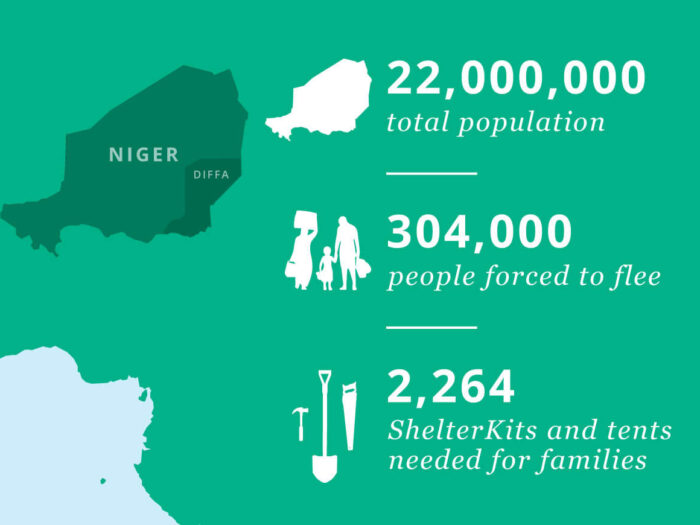
We worked in Diffa, a region of Niger that shares a border with Nigeria.
Half of the population there lived on less than $1.25 a day. Malnutrition rates were among the highest in Africa – but local families were sharing their limited food stocks with refugees.
To make matters worse, Boko Haram attacks had reached Diffa town itself, meaning those who had been hosting refugees from Nigeria were then fleeing their own homes too.
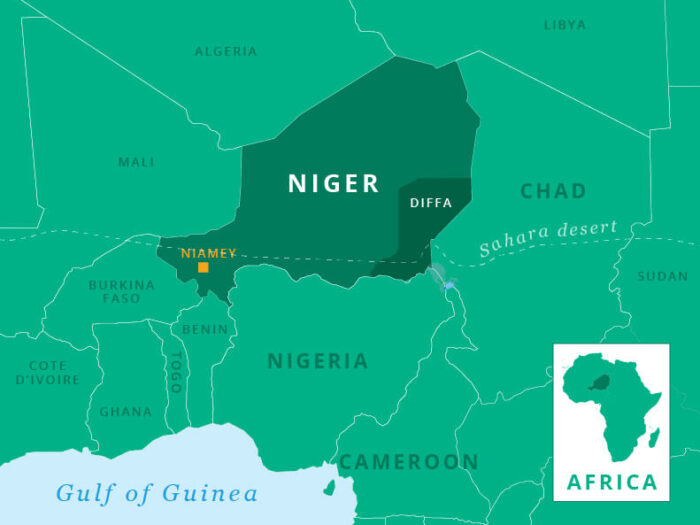
Niger is a landlocked country in West Africa. It is almost completely covered by the Saharan desert.
It borders Nigeria and Benin to the south, Burkina Faso and Mali to the west, Algeria and Libya to the north, and Chad to the east.
In recent years, Niger has received thousands of refugees from both Nigeria and Mali. Families from Nigeria are fleeing the Boko Haram insurgency, whilst families from Mali have been escaping political instability.
The crisis then became more complex, with extreme poverty, underdevelopment and climate change adding to the violence that forced millions of people from their homes.
Millions in the Lake Chad Basin are in extreme hardship and dependent on humanitarian aid to survive.
Our aid
A selection of the aid we provided in Niger
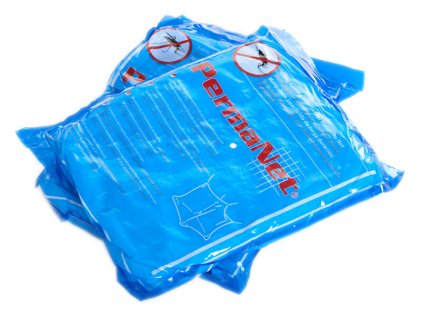
Mosquito nets
Malaria is one of the leading causes of death in the Lake Chad Basin. Mosquito nets were a simple way to help protect families from malaria outbreaks.
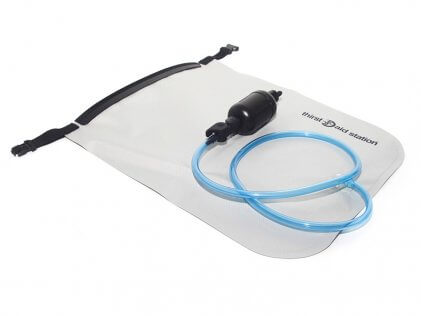
Water filters
Millions of families in the Lake Chad Basin are exposed to deadly water-borne diseases. Our water filters helped to promote safe water management.
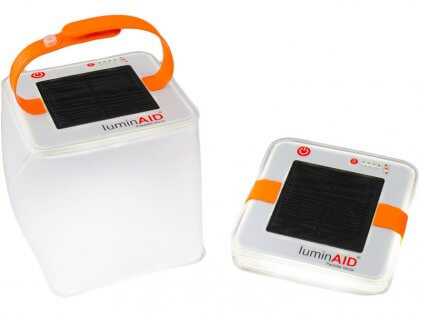
Solar lights
When families live in temporary shelters with no electricity, solar lights can bring much-needed comfort as well as practical support.
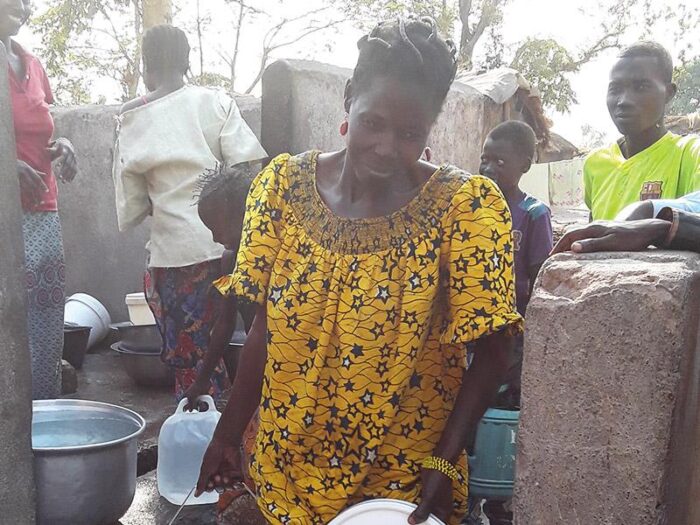
When families have been forced to run from conflict and terror, they arrive at displacement camps with nothing.
Every aid item we can provide will help to rebuild a small part of their lives.
This is the aid we were waiting for. I want to send my gratitude to ShelterBox and their supporters.

